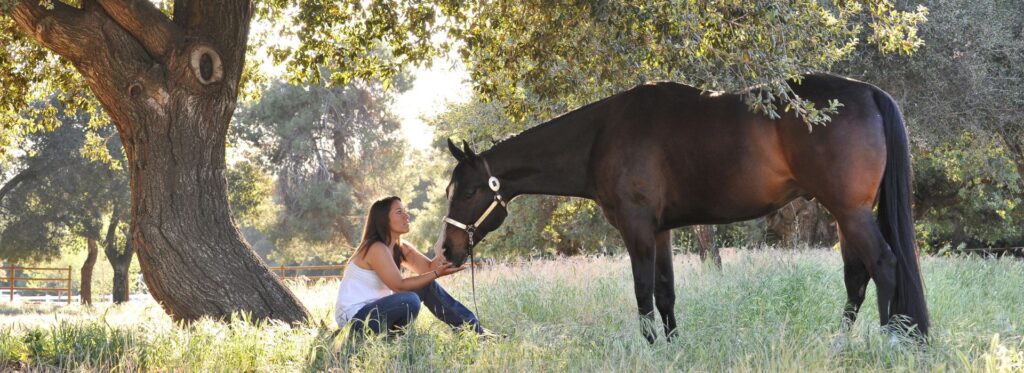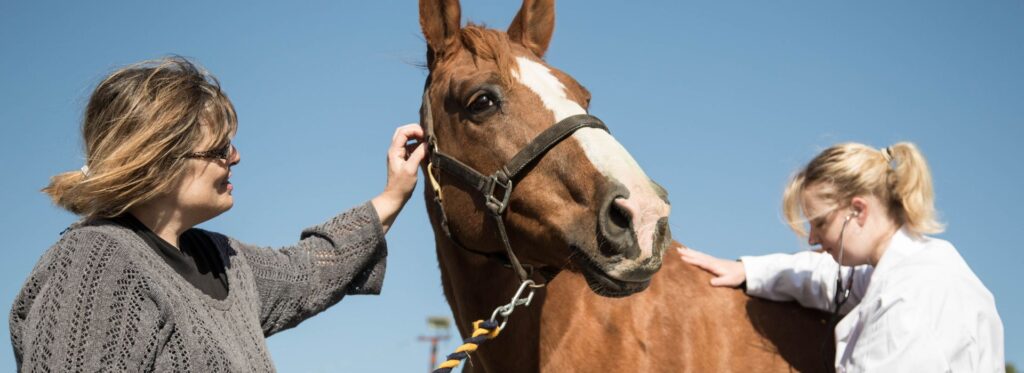Let’s say you’re scrolling through Facebook or checking a horse classifieds site, and BAM—there it is.
A stunning gelding, flashy markings, says he’s beginner safe, 10 years old, trained, sound—and just $1,500.
You pause. It sounds too good to be true.
And honestly? It probably is.
Fake horse listings are more common than you think.
Scammers post horses they don’t own. They copy photos, make up stories, and wait for someone to send a deposit before they disappear.
Let’s make sure you’re not that someone.
Why Scammers Use Fake Listings
It’s simple: they want quick money with low effort.
Horse buyers are often emotional. They fall in love with a photo, get excited, and act fast.
Scammers know this—and use it.
They’ll post a fake ad with a dream horse at a bargain price, ask for a small deposit, and poof—they’re gone.
No horse. No seller. No refund.
Let’s walk through the top red flags that help you spot a fake horse sale listing.
1. The Photos Look Like They’re from a Calendar
If the photos look professional, edited, or just too perfect—slow down.
Scammers often steal photos from real ads or websites. If the image quality is too high for a backyard sale, it might be fake.
What to do:
Ask for a fresh photo. Even better, ask for a picture holding a sign with today’s date or a quick video showing the horse tied, walking, or eating.
No new photo? Move on.
2. They Avoid Giving You Details
You ask:
-
“How tall is the horse?”
-
“Has he been on trails?”
-
“Does he tie and load?”
They reply with:
“Yes, he is very nice.”
“Good horse. Easy.”
That’s a red flag.
Real sellers know their horses. They’ll talk for 10 minutes about feed, tack, hooves, and every vet visit.
Scammers? They’re vague—because they don’t actually have a horse to talk about.
3. The Location Keeps Changing
In the ad it says Oklahoma… but then the seller says the horse is actually in Ohio.
Then suddenly they’re “shipping” it from Georgia.
That’s a classic fake listing move.
Scammers try to confuse buyers so you feel rushed and can’t verify anything.
They’ll even promise delivery to your door if you send a deposit.
Tip: If the location keeps changing, it’s not the horse that’s moving—it’s the story.
4. The Price Feels Way Too Low
Let’s be real: a trained, calm, sound horse doesn’t go for $1,200 unless there’s a catch.
Scammers know how to “salt the mine.” They throw up a price that’s just low enough to look like a rare deal but high enough to feel believable.
Use the Horse Price Calculator to check if the listing’s price makes sense.
It’ll take into account the horse’s breed, training, location, and more.
If the ad says $2,500 but the calculator says $6,000… that’s a red flag.
5. They Won’t Talk on the Phone
Scammers love to text. It gives them time to look up answers or avoid saying something wrong.
But the moment you ask, “Can I give you a quick call?”—they vanish.
Rule of thumb: If they won’t talk to you on the phone, they’re not worth your time.
Better yet? Ask to video chat so you can see the horse in real time.
6. Payment Gets Weird
If they ask you to pay with:
-
Gift cards
-
A friend’s Venmo
-
Cash App to a name that doesn’t match
-
Or ask for a deposit before you’ve even asked a question…
That’s a major red flag.
Legit sellers may ask for a deposit—but only after you’ve talked, asked questions, maybe even visited.
And they’ll be happy to give you a bill of sale, a signed agreement, or a vet record.
A Real Example to Watch Out For
At MyHorseForSale.com, they’ve seen scams where the location changes after contact. One ad showed a horse in Houston. After messaging, the “seller” said the horse was in Ohio and would be shipped immediately—if you paid fast.
That’s a real tactic. Fake listings often include mismatched location info, vague answers, and a push to send money right away.
Final Thoughts: Trust Your Gut
If a listing feels “off,” it probably is.
And if you’re still not sure, here’s your checklist:
-
Ask for a fresh photo or custom video
-
Talk to the seller on the phone
-
Check the price using HorsePriceCalc.com
-
Look for signs of copy-paste messages
-
Check if the seller is dodging your questions
-
Don’t send money without a real conversation and a signed agreement
There are plenty of honest sellers out there. The good horses won’t disappear in 5 minutes—and if they do, they weren’t meant for you.
Take your time. Ask your questions. And don’t get fooled by a pretty picture and a price that’s just a little too perfect.



